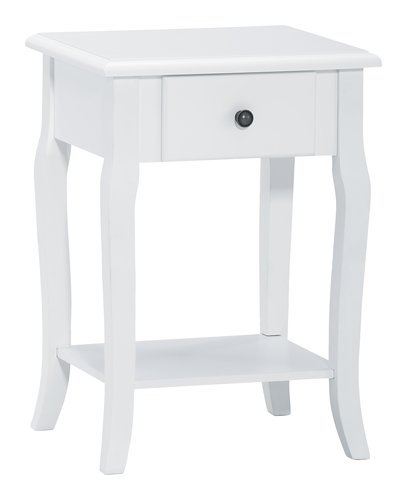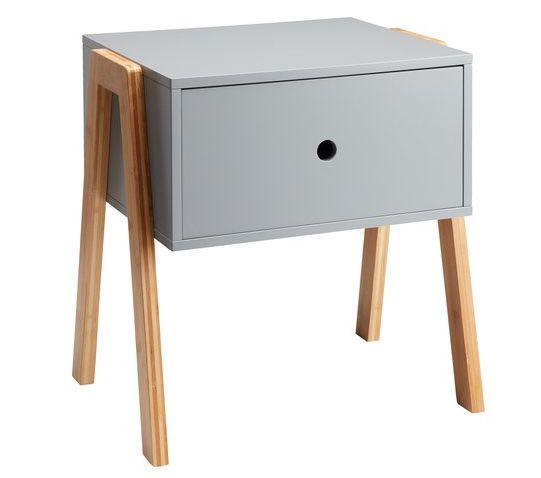
Nachttisch vom ursprünglichen dänischen Bettenlager in Schleswig-Holstein - Rickert | eBay Kleinanzeigen

Nachttisch Royal Oak von JYSK/Dänisches Bettenlager in Nordrhein-Westfalen - Euskirchen | eBay Kleinanzeigen

Nachttisch JYSK weiß ähnlich wie Hemnes in Nordrhein-Westfalen - Nideggen / Düren | eBay Kleinanzeigen

2 Nachttische, Eicheoptik, Dänisches Bettenlager in Wandsbek - Hamburg Rahlstedt | eBay Kleinanzeigen ist jetzt Kleinanzeigen

New Oak Kommode Nachttisch Jysk Dänisches Bettenlager in Nordrhein-Westfalen - Linnich | eBay Kleinanzeigen ist jetzt Kleinanzeigen





![Schönling: Nachttisch "Taschino" von Zanotta - [SCHÖNER WOHNEN] Schönling: Nachttisch "Taschino" von Zanotta - [SCHÖNER WOHNEN]](https://image.schoener-wohnen.de/12606356/t/0v/v4/w2048/r0/-/tagestipp-zanotta-taschino-nachttisch-jpg--63415-.jpg)













